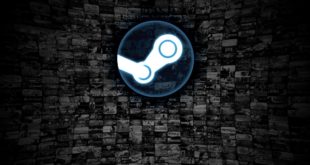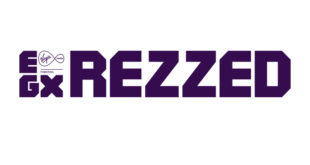In a lengthy response to a petition calling for Government to abandon Business Secretary Peter Mandelson’s plans to disconnect the internet connections of file-sharers, Number 10 has seemingly confirmed that it is distancing itself from the proposals.
Mandelson has previously expressed his approval of France’s controversial three-strikes-an-you’re-out” policy, and last year’s Digital Economy Bill then paved the way for officials to disconnect individuals found guilty of repeatedly downloading copyrighted material.
However, a new statement from the Government reads:
The Digital Economy Bill, published on November 20th, sets out in detail our proposed legislation to tackle on-line copyright infringement, including unlawful peer to peer file-sharing.
We will not terminate the accounts of infringers. It is very hard to see how this could be deemed proportionate except in the most extreme – and therefore probably criminal – cases.
We added account suspension to the list of possible technical measures which might be considered if our measures to tackle unlawful file-sharing through notifications and legal action are not as successful as we hope. This is but one of a number of possible options on which we would seek advice from Ofcom – and others – if we decided to consider a third obligation on technical measures. However what is clear is that we would need a rapid and robust route of appeal available to all consumers if we decided technical measures were needed.”
The response also looks to calm the growing fears concerning users’ privacy by assuring that individual web usage is not being monitored.
The Bill would require ISPs to write to their customers whose accounts had been identified by a rights holder as having been used for illegal down loading of their material. In the cases of the most serious infringers, if a rights holder obtains a court order, the ISP would have to provide information so that the rights holder can take targeted court action.
We hope these arrangements on their own will secure our aim of a 70% reduction in illegal peer to peer file sharing. If that proves not to be the case, the Bill provides a reserve power obliging an ISP to apply ‘technical measures’ to a customer’s internet account to restrict or prevent illegal sharing. Technical measures might be a band-width restriction, a daily downloading limit or, as a last resort, temporary account suspension. A proper independent appeal would be available against application of technical measures.
We are not requiring ISPs to monitor for unlawful file-sharing. Nor are we proposing that ISPs look at what users download in order to combat piracy. The way in which cases of alleged copyright infringement are discovered involves identifying material offered to other users for download in breach of copyright, rather than any monitoring of an individual’s internet account for downloads. The process identifies the IP address of an uploader (under the legislation, making material available for copying is a breach of copyright) using publicly available information, and does not look at what an individual downloads.
Under the legislation, it is the rights holders who will identify cases of alleged copyright infringement, not the ISPs. A fuller description of the proposed process to identify unlawful file-sharers was included in the 2008 consultation document.”

 MCV/DEVELOP News, events, research and jobs from the games industry
MCV/DEVELOP News, events, research and jobs from the games industry



